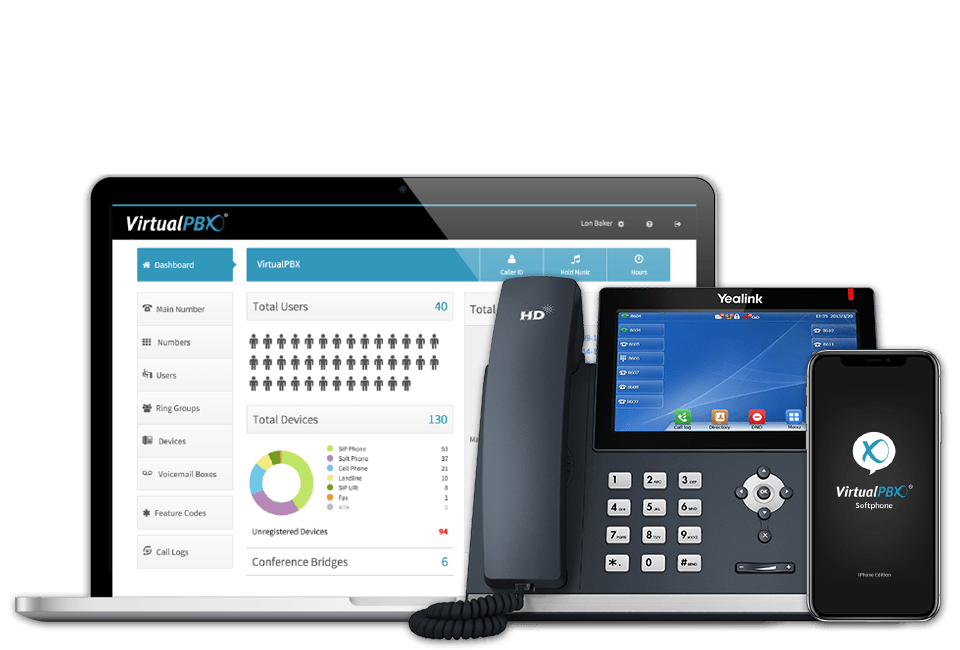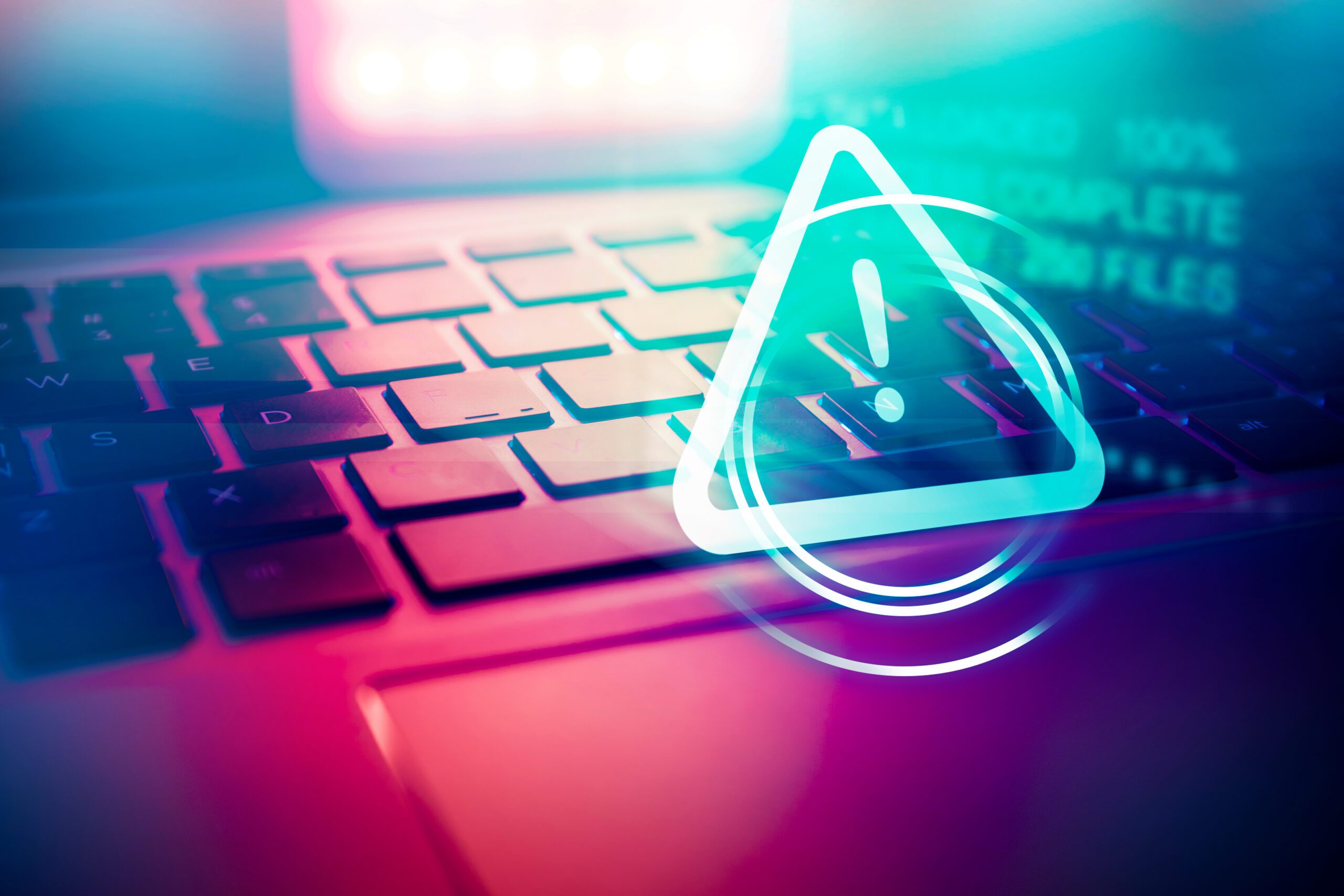Press
Virtual PBX® Helps Non-Profit Language Interpretation Company Save Lives In Florida
institute for cultural competency serves medical providers with instant telephone access to 2,500 interpreters Who collectively speak 150 languages and dialects
SAN JOSE, CALIF. (January 18, 2006) – According to the latest U.S. Census Bureau survey, nearly 20 percent of Americans speak a language other than English. The same survey found that nearly 12 million Americans, or 4.5 percent, live in linguistically isolated homes where no one in the household aged 14 or older is able to speak English ‘very well’. That was up 54 percent from 1990.
The growing number of linguistically isolated Americans creates enormous implications for service providers such as doctors, nurses and emergency response personnel. In both emergency and every-day situations, simple miscommunications between health services personnel and the patient can lead to life-threatening complications from misdiagnosis, improper treatment or delay of care.
One solution is to make professionally trained interpreters available to health care providers . But with Americans speaking more than 100 different languages and dialects, itís often near impossible for medical personnel to quickly bring an interpreter into every communication. And as recent natural disasters in Florida, Louisiana and Mississippi demonstrate, even local interpreters can be dislocated and removed from the social services safety net.
In 2004, Jim Manczak, a 10-year veteran of the $250 million-plus annual interpretation services industry, had a better idea. Concerned that the lack of access to trained interpreters was preventing non-English speaking Americans from fully integrating with society, he founded the Institute for Cultural Competency, a Portland-based non-profit organization. He envisioned a company that would transcend geography by leveraging new telecommunications technology and professional interpreters to provide low-cost, high-quality interpretation services over the telephone, anytime and anywhere.
In a little over a year, he has begun to realize his vision. His non-profit enterprise has grown to include government agencies, healthcare systems, and customer service call centers. Anyone who needs an interpreter simply dials a toll-free number and is routed to the most qualified of 2,500 home-based interpreters located around the country.
In November 2004, Manczak’s Institute for Cultural Competency was awarded a large contract with the State of Florida to provide on-demand telephone-based language interpreting services for the Florida Department of Health and for all county health departments. In the State of Florida, the percentage of linguistically isolated households is one third higher than the national average, at nearly 6 percent of the population according to the 2000 census.
Although Manczak’s experience was in operating traditional North American call centers, he decided to pursue a virtual call center strategy with the State of Florida. He chose a hosted PBX phone system from San Jose-based Virtual PBX, the originator of virtual PBX phone systems, instead of a traditional on-premises PBX system installed in a call center.
Manczak’s approach offered numerous advantages to his company and to the State of Florida. Traditional call centers are expensive to build and staff, and the PBX hardware equipment necessary to support the 100 simultaneous callers as required by the State would cost $250,000 to purchase, plus six to nine months of time and millions of dollars in additional expense to install the equipment and build out the call center.
“Traditional, on-premises PBX switching technology is incredibly expensive to purchase and even more expensive to maintain,” said Manczak. “And the technology becomes outdated within two years. By working with Virtual PBX, we were able to deploy a professional-quality telecommunications infrastructure in 12 days with zero capital outlay and minimal monthly operating expenses. Virtual PBX continually updates their technology, so I never have to worry about the system becoming obsolete. For the State of Florida, it meant we could immediately deliver high quality interpretation services at a cost significantly less than traditional call center-based interpretation services.”
Virtual PBX hosts all the telecommunications and computer equipment in its own remote data centers, and then provides full-featured PBX phone system capabilities such as automated call distribution (ACD) queuing, multiple extensions, automated voice response, conferencing, and non-stop availability and reliability.
Operation of the Virtual PBX system is straightforward. Florida’s health care providers simply dial in to the Virtual PBX system and specify the language required. They are then connected with the next available interpreter, 24 hours per day, 365 days per year.
The system is similarly straightforward for Manczak’s home-based interpreters. They simply sign in to the system via a web-based interface prior to their shifts and take the calls as they come in. The Virtual PBX system automatically keeps track of which interpreters are available for each of the over 150 languages and dialects supported.
“By pursuing a virtual call center strategy, weíre able to deliver lower costs while at the same time providing a superior level of service compared to traditional call center implementations,” said Manczak. “The average time it takes us to connect a health care provider and their patient to the right translator averages less than 30 seconds.”
Manczak is excited about how new telecommunications technology such as Virtual PBX will improve the lives of not only his client’s clients, but also those of America’s call center employees. The technology allows Manczak to use resources in the United Sates that would not otherwise be available because of geography or cost.
“I think the days of brick and mortar call centers are numbered,” claims Manczak. “With low-cost, rapidly deployable technology such as Virtual PBX, we’re able to shatter the traditional physical and geographic limitations of call centers. Now, our interpreters can work from the comfort of their own homes, or any other appropriate work environment when they choose to work.”
Manczak is so impressed with Virtual PBX that he is helping some of his other traditional phone-based clients to transition to the Virtual PBX system.
“Virtual PBX really helps us reduce technology and management costs, without making compromises to quality, reliability or features,” concludes Manczak. “It allows us to provide a higher quality service at a lower cost to our clients.”
Perhaps just as importantly, Virtual PBX helps Manczak achieve his greater philanthropic vision.
“I created this company to help limited-English speaking Americans receive better healthcare, and to help providers do their jobs more effectively,” he says. “Virtual PBX frees us to focus on running our business, instead of managing complex and expensive telecommunication equipment.”
about virtual pbx
Virtual PBX® pioneered the hosted PBX market, introducing the first service of its class in 1997. Virtual PBX utilizes the public switched telephone network and the internet to provide PBX functionality as a hosted service. The three primary customers for Virtual PBX services include small businesses that want full PBX functionality without the capital and support expense of installed equipment; companies of any size that need to route calls to telecommuters or other employees outside of a main office; and enterprises looking for phone system disaster recovery solutions. Additional information about Virtual PBX can be found at virtualpbx.com or by calling 888-825-0800.
# # #
VirtualPBX.com®, Virtual PBX®, and VirtualPBX® are registered trademark VirtualPBX.com, Inc.
Media Contacts:
Kerry Swanson
Dovetail Public Relations
(408) 395-3600
kerry@dovetailpr.com
Greg Brashier
VP of Marketing
VirtualPBX.com, Inc.
(888) 825-0800 x333
greg.brashier@virtualpbx.com







